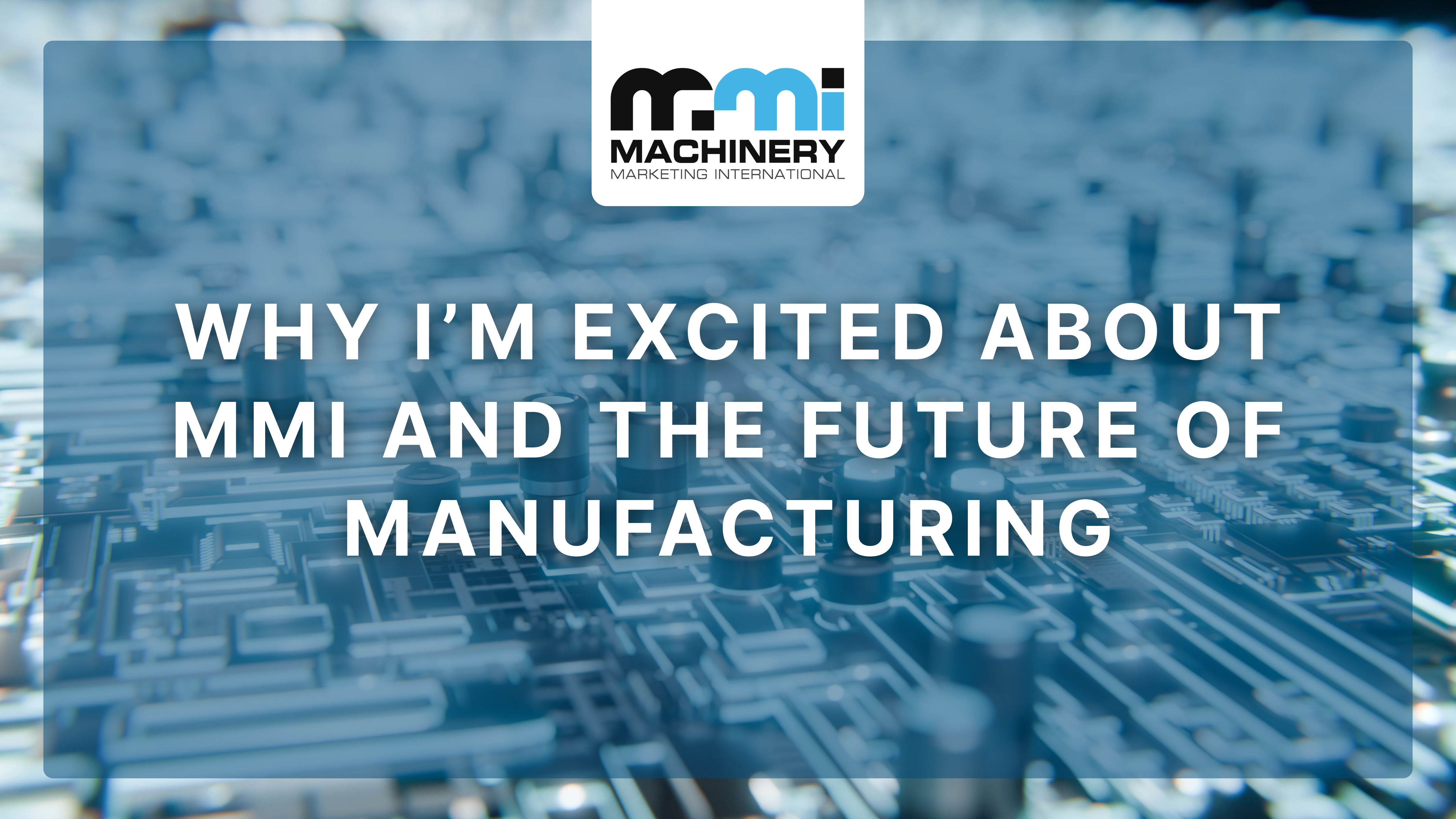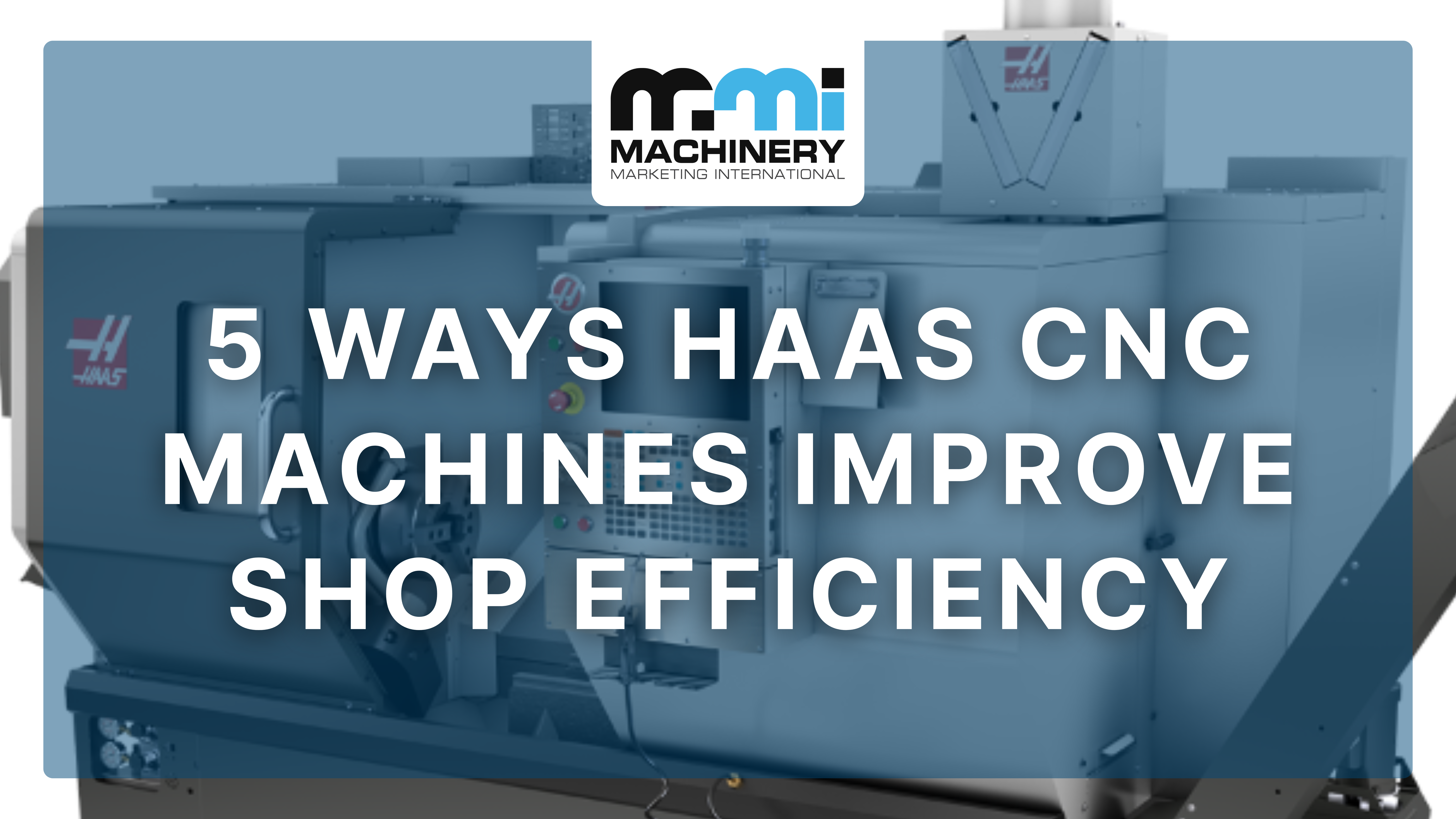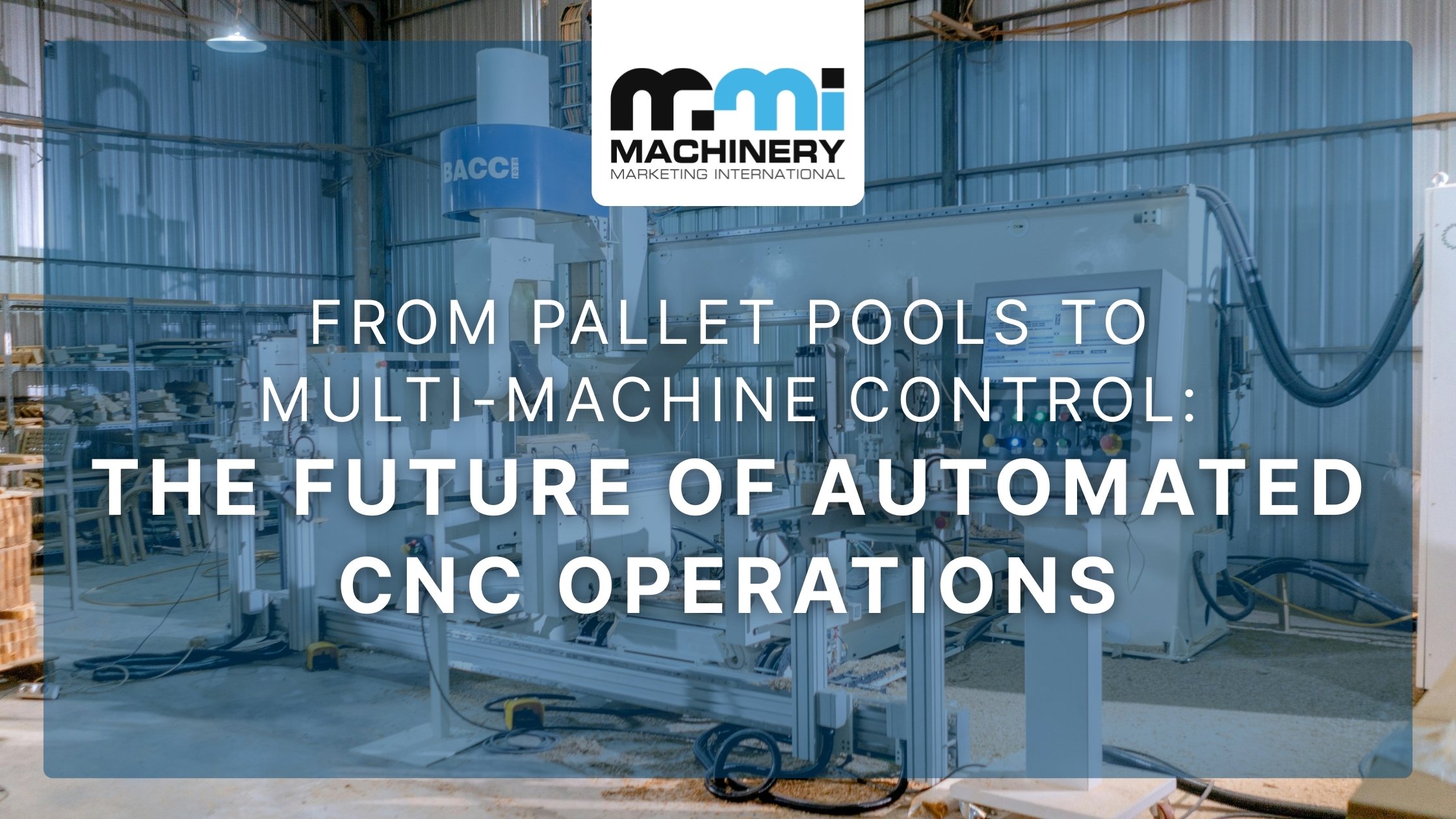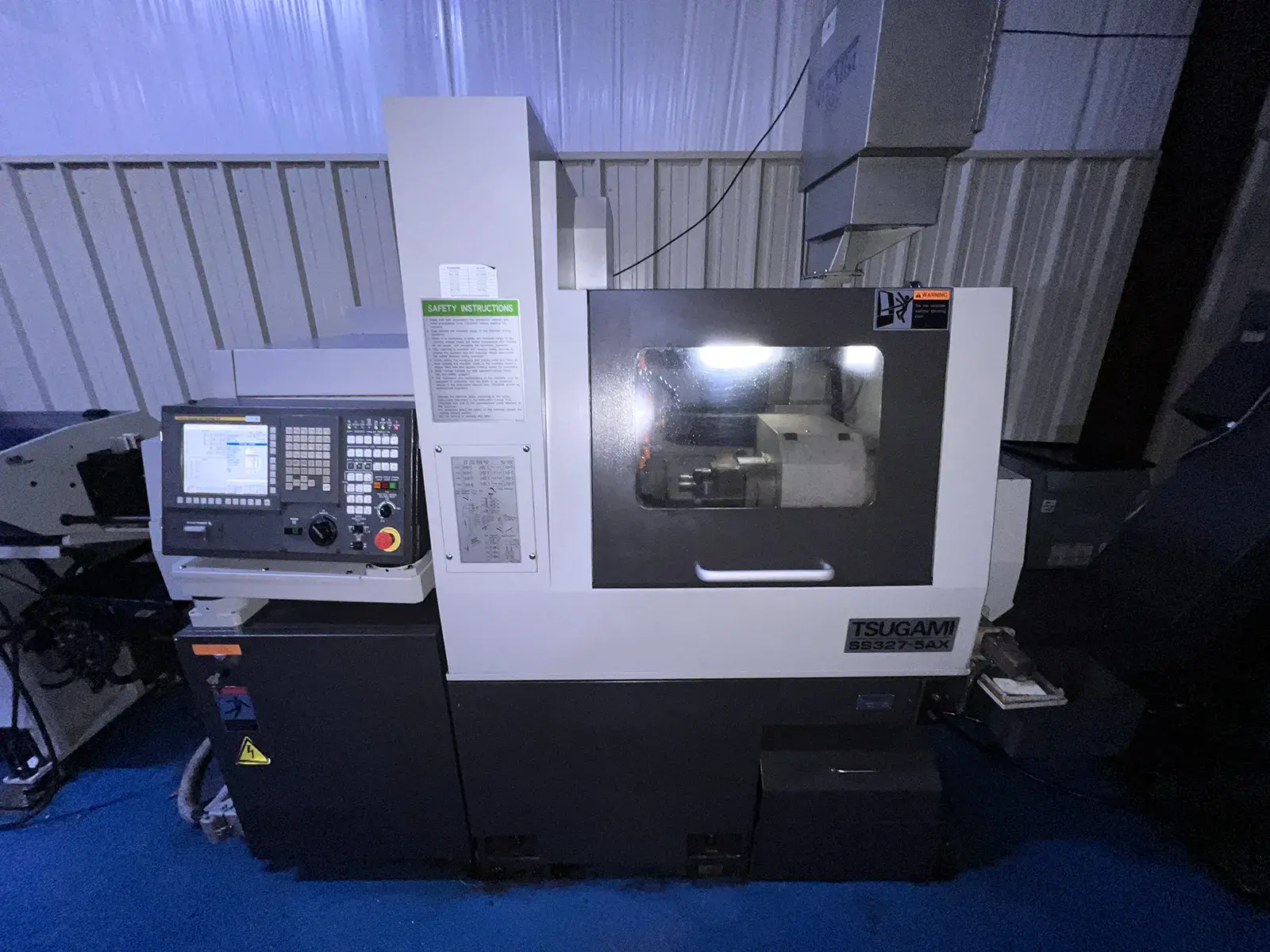In today’s fast-paced manufacturing landscape, automation is playing a pivotal role in transforming fabrication shops. From streamlining production to improving precision, automation technologies are helping shops stay competitive, reduce costs, and meet increasing demands for efficiency and quality. Let’s explore how automation is reshaping the fabrication industry.
1. Increased Efficiency and Productivity
One of the biggest advantages of automation in fabrication shops is the significant boost in efficiency. Automated machinery, such as CNC machines, robotic welding systems, and laser cutters, can operate continuously with minimal human intervention. This reduces production time, eliminates bottlenecks, and enhances overall throughput. Fabrication shops that integrate automation can handle larger workloads with fewer delays, ultimately improving profitability.
2. Enhanced Precision and Consistency
Automation minimizes human error, leading to higher accuracy and consistency in fabrication processes. Advanced robotic systems and computer-controlled machines ensure that cuts, welds, and assemblies meet exact specifications every time. This level of precision is critical in industries that require tight tolerances, such as aerospace, automotive, and medical device manufacturing.
3. Reduced Labor Costs and Workforce Challenges
The manufacturing industry has long faced labor shortages and rising workforce costs. Automation helps address these challenges by reducing the need for manual labor in repetitive and physically demanding tasks. While skilled workers are still essential for programming and maintaining automated systems, fewer personnel are needed for routine operations, leading to cost savings and improved workforce allocation.
4. Improved Workplace Safety
Fabrication shops often involve hazardous tasks, including welding, cutting, and handling heavy materials. Automation reduces the risk of workplace injuries by taking over dangerous tasks and allowing workers to focus on supervision and programming. Robotic arms, automated guided vehicles (AGVs), and sensor-based safety systems create a safer working environment for employees.
5. Better Material Utilization and Waste Reduction
Automated systems optimize material usage by precisely measuring and cutting materials, reducing waste and maximizing efficiency. Technologies such as AI-powered nesting software help fabrication shops make the most out of raw materials, lowering costs and minimizing environmental impact.
6. Integration with Smart Manufacturing and Industry 4.0
The rise of Industry 4.0 has enabled fabrication shops to connect their automated systems with IoT (Internet of Things) technology, cloud computing, and data analytics. Smart machines can communicate with each other, predict maintenance needs, and provide real-time insights into production performance. This connectivity helps manufacturers make informed decisions, improve workflow management, and enhance overall operational efficiency.
7. Expanding Capabilities with Advanced Technologies
Automation is not just about replacing manual labor; it is also about expanding the capabilities of fabrication shops. With the integration of AI-driven systems, 3D printing, and advanced robotics, shops can take on more complex and customized projects that were previously impossible or too costly. These advancements open new opportunities for growth and innovation.
Conclusion
The future of CNC technology is driven by automation, AI, hybrid manufacturing, and sustainability. As these trends continue to evolve, CNC machining will become more efficient, precise, and adaptable to the demands of modern industries. Staying ahead of these innovations will be crucial for manufacturers looking to remain competitive in an increasingly digital and automated world.
By embracing these advancements, CNC machining will continue to be at the forefront of modern manufacturing, delivering unparalleled precision and efficiency for years to come.
Need expert guidance on CNC maintenance or looking to upgrade your equipment? Contact us today!
.png)




